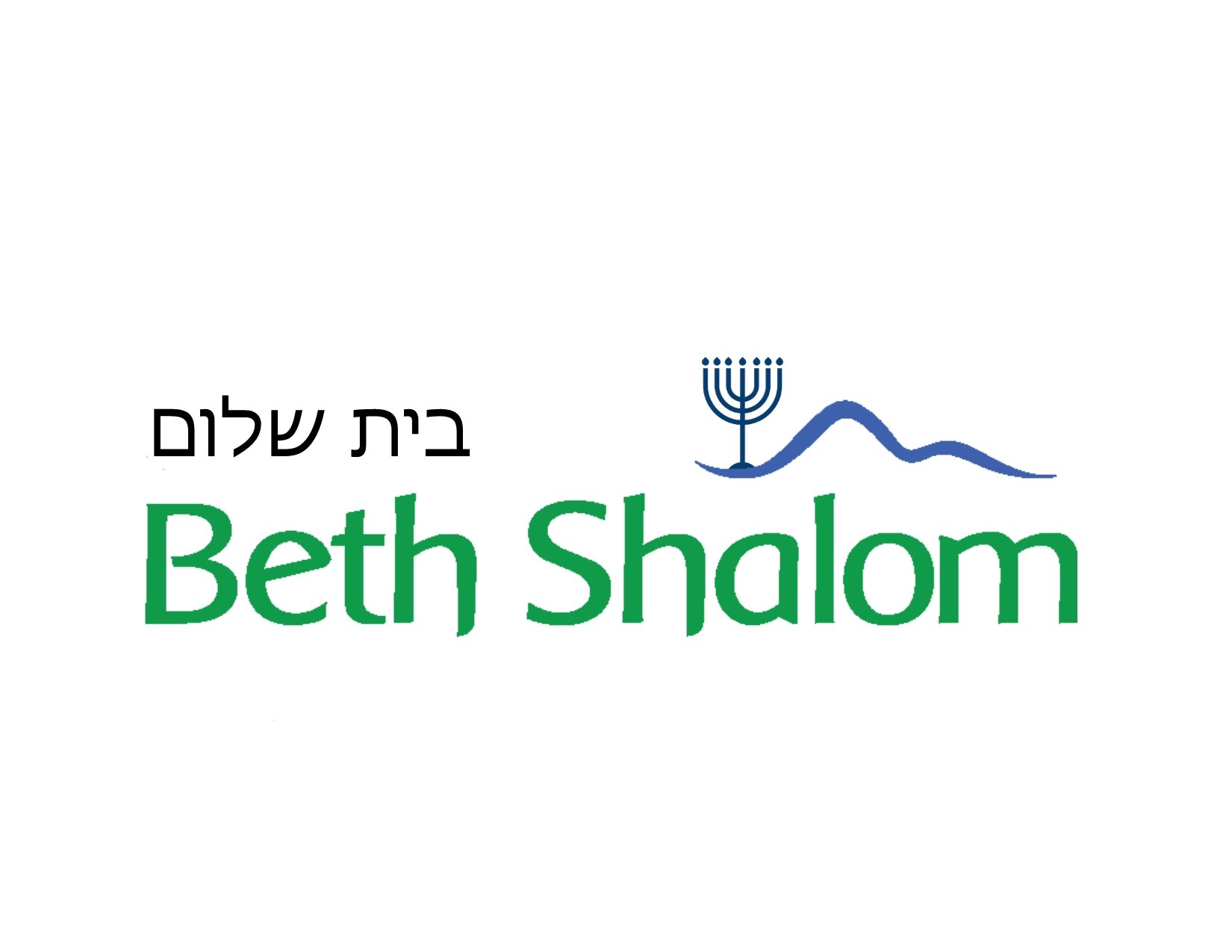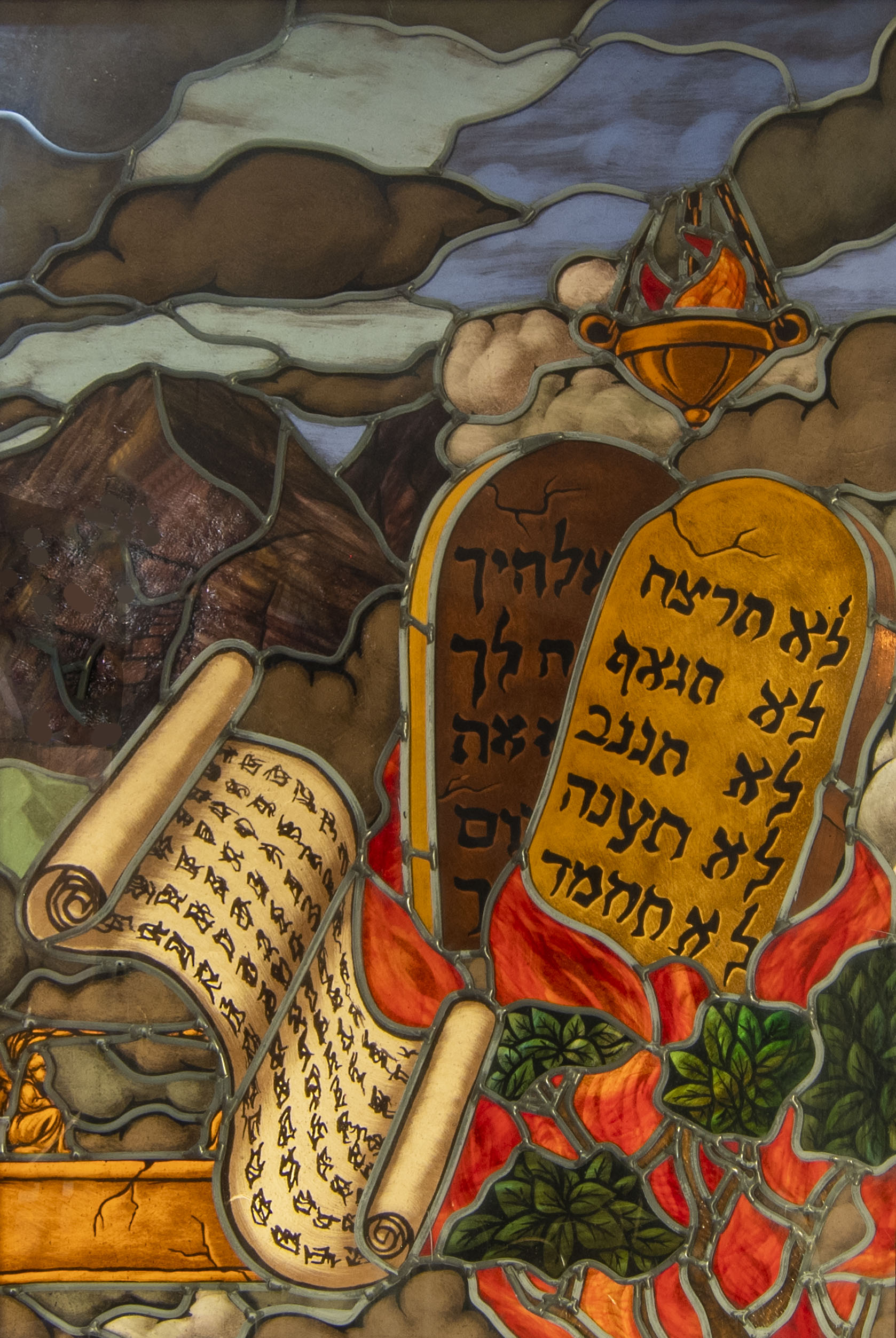There is an ancient tradition amongst our people where mark we events with reminders to bring them closely and mindfully to those times. Each holy day is an opportunity to recall experiences from our long past. We relive them through song, movement, food, ceremonies and hopeful prayers.
Thus, on Hanukkah we kindle tiny lights as a memorial to a festival of light. And during Purim and we revel in song and costume as we reenact an event millennia old. So too it is with Shavuot, often referred to as Pentecost. The prefix, penta meaning fifty, refers to a cataclysmic event which affected on a single tribe of people but whose power reverberates throughout the generations.
Some seven weeks of seven days after witnessing the terrible and raw power at the Sea of Reeds, the faithful found themselves at the foot of a towering mountain, Sinai.
Convulsing as if in labor, the earth trembled beneath the feet of the Sons of Israel. The mountain shook and the skies belched fire and cracked open the heavens. Terrified, the people watched as their leader ascended the mountain to receive the word.
Shavuot always comes on the 50th day after the Exodus, as an eternal reminder of God’s gift to community. That one event so many millennia ago has irrevocably he changed the path of mankind. That revelation of the will of God set a new standard morality for all people.
Beginning with the 10 Ordinances and culminating in the Five Books of Law, a new yardstick of acceptable moral behavior was now in place. Mankind was no longer free to kill with impunity or create his or her own standard of good behavior but instead had to rely upon an independent code of justice.
Beginning the emergence of three stars in the heavens and lasting until late in the evening on the anniversary of that event Jews gather in homes and Synagogues to recall the day when Moses climbed Mount Sinai amidst the deafening roar above and below.

